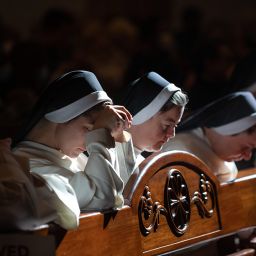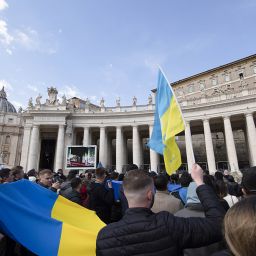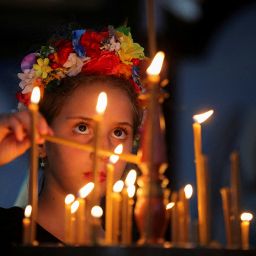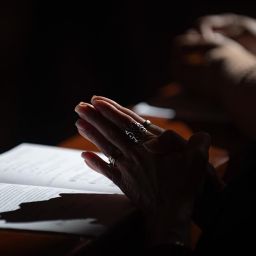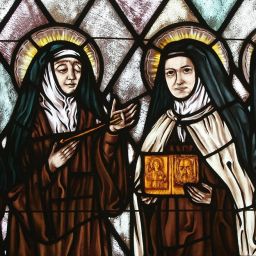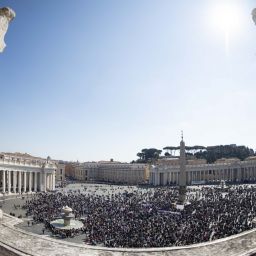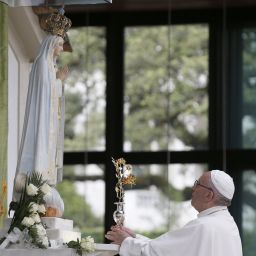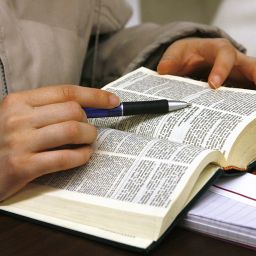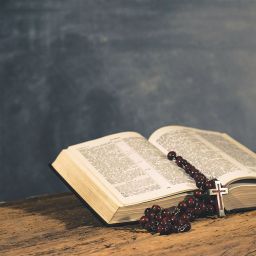By Father Jacob Dankasa
Special to The Texas Catholic
As Catholic priests, there are certain activities and rituals that we carry out as part of our priestly duties, functions, and ministry. These functions include celebrating the Mass, hearing confessions, giving a homily/reflection, praying the Liturgy of the Hours, etc. These are functions or activities that we carry out mostly on a daily basis. For me, as for many other priests, it is a blessing and privilege to exercise this ministry and to carry out these functions. I cannot measure the sanctifying grace it brings to me and the joy I feel when I carry out these ministerial duties.
But, as with many other frequently-carried-out functions in everyday life, there is an accompanying, and usually unintended, tendency to get too accustomed to carrying out the same functions day after day. It is easy to simply go through the motions without the necessary intentionality, that is, it’s quite easy to get so used to carrying out certain activities that one begins to only go through the motions rather than immersing oneself in the function and benefit of the action and becoming part of it. In this sense, there is a danger of becoming a mere dispenser of the liturgy and sacrament rather than a minister of the liturgy and sacrament. My prayer to God every day as His minister is that He never allows me to lose the sense of presence and internalization as I carry out my priestly duties.
I gave the example of the priestly ministry above because it is a perfect example of a vocation with a routine function. But this example is meant to be a reflection for every follower of Christ; it is meant to help you examine how you live your faith. As Christians, our faith is an everyday faith, and we must allow ourselves to internalize it and enjoy it; otherwise, we’ll end up with a faith that is only a going-through-the-motions routine. We must not get so familiar with what we do as part of fulfilling the obligations of our faith that we lose the sense of the meaning of what we do. I want us to use this season of Lent to examine and reflect on how we practice and live out our faith every day with particular attention to the meaning it has for us.
One example of an area that Christians, especially Catholics, must pay attention to is the requirement to attend Mass on Sunday as a day of obligation. Do you go to church every Sunday because you crave that moment of encounter with God through the liturgy, that place where you can lift your heart and soul to worship God — or do you simply go to church because it’s a requirement? If your answer is the latter, then going to church will really be a pain, because you are likely only going through the motions. This will make every part of your presence at church feel like torture. In this situation, you may find yourself complaining about everything that could possibly go wrong during the celebration, even if no weakness exists. In this case, the Mass becomes a count down to go out the moment you come in!
We must also be attentive to being truly present when we receive the Eucharist. It is possible to get so accustomed to receiving the Eucharist every day that we do not feel the impact of the presence of Christ. Our reception then becomes a mere routine – a going through the motions –instead of a way of being in His presence. As Christ is present in the Eucharist, we must be consciously present when we receive Him. If we are not truly present in our awareness of who we are receiving, our level of reverence as we receive Him will be diminished.
These are only a few examples of how we could unintentionally be going through the motions as we exercise our faith. Our faith is a living faith, and we must learn to live every part of it with that awareness; otherwise, the faith becomes less important and, subsequently, boring. If we allow ourselves to simply go through the motions and not integrate ourselves into an everyday awareness of what we do as part of the faith, the practice of the faith will lose its value, and we will feel less fulfilled by practicing it. It is essential for us, as people of faith, to be intentional, to remain in a state of spiritual and physical awareness as we live and carry out our faith activities in whatever state of life we are.
Father Jacob Dankasa is the pastor of Holy Family of Nazareth Catholic Church in Irving.

